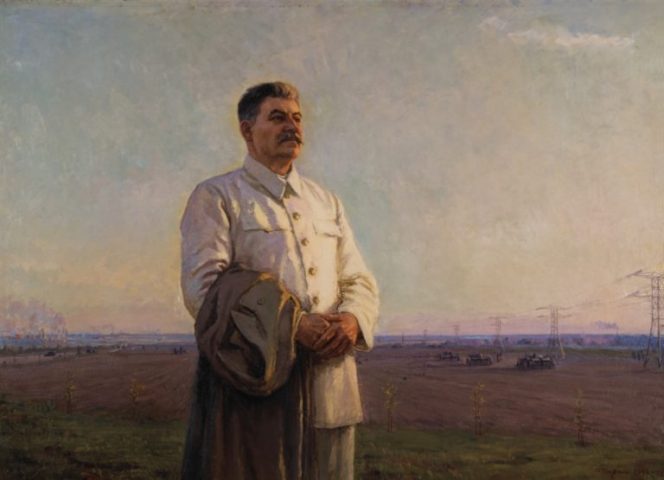The Great Progressive Propaganda Machine, by David Carlin

The Fisher Who Fished for Men, and Died for It, by Dr. Jeff Mirus
July 24, 2020
Fr. Nnamdi Moneme: Why We Must Struggle in the Spiritual Life
July 24, 2020
*Image: The Morning of Our Country by Fyodor Shurpin, 1948 [State Tretyakov Gallery, Moscow, Russia]
By David Carlin, The Catholic Thing, July 24, 2020
David Carlin is a retired professor of sociology and philosophy at the Community College of Rhode Island, and the author of The Decline and Fall of the Catholic Church in America.
![]() A stable society is made up of people who largely agree on certain “self-evident truths.” Now, it may be that these common beliefs are not truly self-evident, the way for example the proposition “the whole is greater than any of its parts” is self-evident. But they are felt to be self-evident. Almost nobody doubts them. And if you are one of those rare persons who do doubt them, people will think you’re at least very odd and perhaps even dangerous. They may wish to punish you for your dissent. They may even wish to put you to death.
A stable society is made up of people who largely agree on certain “self-evident truths.” Now, it may be that these common beliefs are not truly self-evident, the way for example the proposition “the whole is greater than any of its parts” is self-evident. But they are felt to be self-evident. Almost nobody doubts them. And if you are one of those rare persons who do doubt them, people will think you’re at least very odd and perhaps even dangerous. They may wish to punish you for your dissent. They may even wish to put you to death.
For most of human history these taken-for-granted beliefs have been the result of a slow and largely spontaneous growth. But in the twentieth century the Communist Party (CP) in the Soviet Union demonstrated that it was possible to manufacture a social consensus suddenly and intentionally. (Something very similar happened in Nazi Germany). In the USSR, all organs of propaganda – newspapers, magazines, publishing houses, movies, radio, TV, schools, colleges, universities, and more – were controlled by either by the CP or by the state, which was in turn totally controlled by the CP. Only messages approved by the CP got access to the general public; all political dissent was effectively silenced. ….




